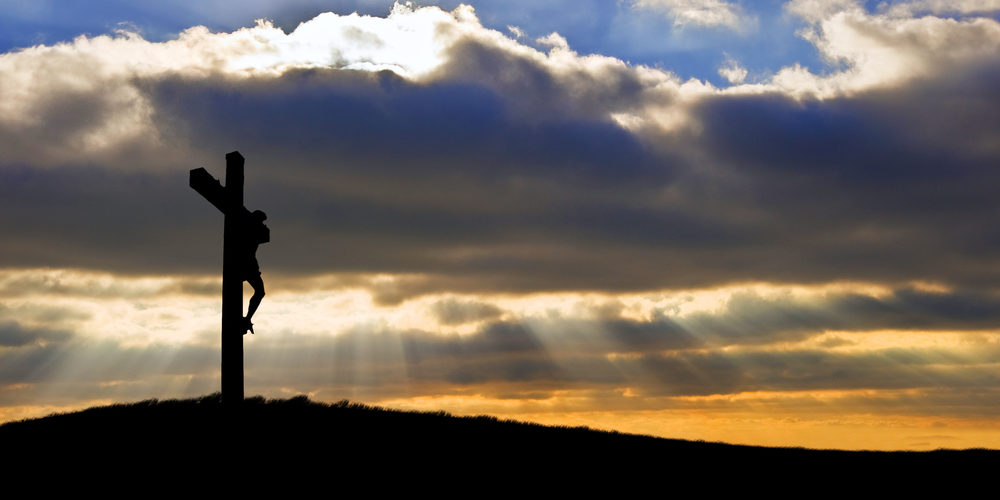
A Horn of Salvation: Luke 1:67-79 (Matthew Barrett)
There is a real danger every Bible reader faces when opening the NT. It is the danger of moving from the OT prophets to the NT Gospels with the flip of just one page. We think nothing of it, as if the prophets declare the word of the Lord and then Jesus is born. But actually, hundreds of years stand between these two testaments and may I remind you that these years were years of silence.
This silence was painful, full of questions: Will God fulfill his covenant promises to Abraham? Will he send his Messiah, the Son of David, as he said he would? Will he redeem his people as foretold by the prophets of old?
But then, suddenly, God spoke, breaking the silence, and announced the coming of his Davidic Messiah. In Luke 1 he sends the Spirit to fill Zechariah and to prophesy. Briefly, notice three components of this prophecy and blessing:
First, God is worthy of blessing because he has raised up a horn of salvation from the house of David (vv. 68-71).
God promised, through the prophets, that he would send a redeemer, one from the line of David. Jesus is that redeemer. Notice how certain Zechariah is: he uses the past tense. God has visited and redeemed his people and has raised up a horn of salvation for us… Zechariah is confident that this redemption is already at hand! What the prophets promised has now arrived in the new David who will rule and reign over his enemies.
Second, God is worthy of blessing because has remembered his covenant with Abraham (vv. 72-75).
God swore an oath to Abraham establishing a holy covenant. While the fulfilment of this Abrahamic covenant with the arrival of the new covenant results in a multitude of blessings, two of them are mercy and deliverance. This covenant promised deliverance so that God’s people might serve him without fear, in holiness and righteousness. That word “serve” signifies priestly service in worship, for Israel was to be a kingdom of priests (Exod. 3:12; 19:6). This kingdom of priests comes to fruition in the new covenant where every believer is a priest, meant to serve God out of both a pure heart (holiness) and true virtue (righteousness). We could sum up the point like this: God has been true to his word to Abraham, sending a horn of salvation from David’s house (namely, Jesus), who will rescue God’s people from their enemies so that they might serve him in holiness and righteousness.
Third, God is worthy of blessing because he gives light to those in darkness (vv.76-79).
Zechariah must have been overjoyed to discover that the forerunner, the prophet of the Most High, the one who would prepare the way for the Son of the Most High, would be his own son, John. Knowledge of salvation would come to God’s people in the forgiveness of their sins. But this salvation and this forgiveness does not find its source in John, but in the Lord himself, Christ Jesus, as John himself would say. While mankind sits in darkness, now the sun has risen from on high (Isa. 60:2–3;Mal. 4:2; Num. 24:17). Naturally, his name is Prince of Peace (Isa. 9:6), for he guides our feet into the way of peace.
Matthew Barrett is Tutor of Systematic Theology and Church History at Oak Hill Theological College in London, as well as the founder and executive editor of Credo Magazine. Barrett is the author of several books, includingSalvation by Grace, Owen on the Christian Life, and God’s Word Alone: The Authority of Scripture. Currently he is the series editor of The 5 Solas Series with Zondervan. You can read more about Barrett at matthewmbarrett.com.
